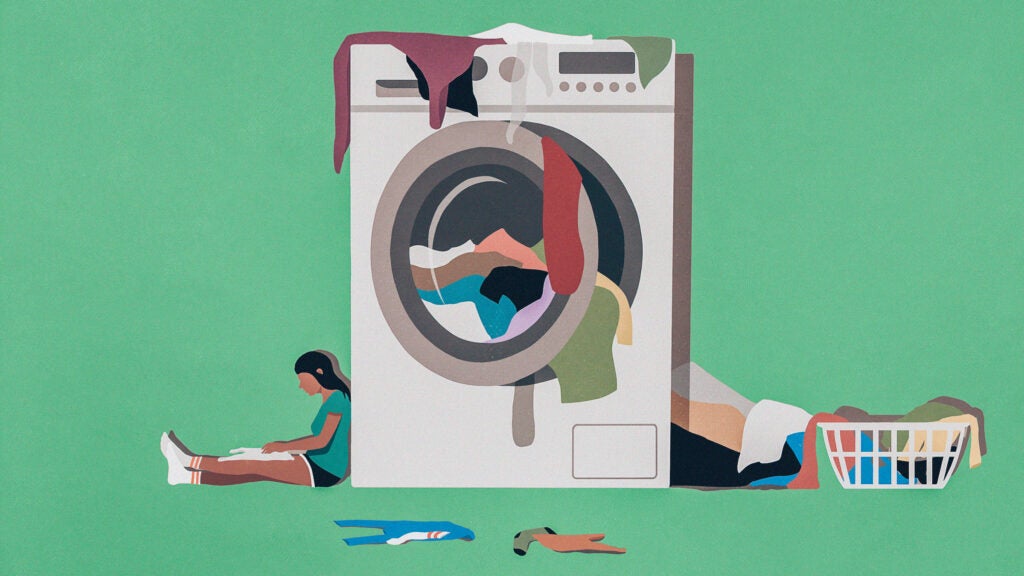The Truth About Laundry Pods and Plastic Pollution
Główne pojęcia
The author argues that laundry pods marketed as eco-friendly may still contain harmful plastics, contributing to pollution.
Streszczenie
In the quest for environmentally friendly laundry solutions, the author discovered that seemingly sustainable laundry strips actually contain a controversial plastic called polyvinyl alcohol (PVA). Despite claims of biodegradability, PVA's impact on human health and the environment remains uncertain. Advocacy groups are calling for further research and promoting truly plastic-free alternatives like DIY soap, soap nuts, and Meliora detergent. Additional sustainable laundry tips are provided to reduce environmental impact.
Customize Summary
Rewrite with AI
Generate Citations
Translate Source
To Another Language
Generate MindMap
from source content
Visit Source
www.outsideonline.com
Why You Should Stop Using Laundry Pods Right Now
Statystyki
"Cost: about .10 per load."
"Cost: about .23 per load."
"Cost: about .23 per load"
Cytaty
"We need the EPA to take swift and urgent action to study the full ecological and health impacts of PVA in order to best protect people and our planet from potential harm." - Dianna Cohen
Kluczowe wnioski z
by Kristin Host... o www.outsideonline.com 06-14-2023
https://www.outsideonline.com/outdoor-adventure/environment/sustainable-laundry-detergent/
Głębsze pytania
How can consumers ensure they are truly using plastic-free laundry products?
Consumers can ensure they are truly using plastic-free laundry products by carefully checking the ingredient list of the products they purchase. Look out for words like polyvinyl alcohol (PVA), which is a type of sneaky plastic commonly found in supposedly eco-friendly laundry pods and strips. Opt for products that explicitly state they are plastic-free or use natural ingredients like soap nuts, washing soda, borax, or baking soda. Supporting refill shops where you can bring your own containers is also a great way to reduce plastic usage in laundry products.
Is there a viable solution for eliminating PVA from laundry products without compromising effectiveness?
While PVA is commonly used in laundry pods and strips due to its dissolving properties, there are alternative solutions available that do not compromise effectiveness. For example, DIY laundry soap made from washing soda, borax or baking soda, and natural castile soap flakes provides an effective cleaning option without the need for PVA. Products like soap nuts containing saponin as a natural cleaning agent and Meliora Laundry Powder Detergent made with non-toxic ingredients offer viable alternatives to traditional detergent containing PVA.
How can individuals advocate for more stringent regulations on potentially harmful chemicals in household products?
Individuals can advocate for more stringent regulations on potentially harmful chemicals in household products by getting informed about the chemicals present in common household items such as detergents and cleaners. They can then support advocacy groups like Plastic Pollution Coalition, Plastic Oceans, Beyond Plastics, and 5 Gyres that work towards reducing harmful chemical usage through petitions and awareness campaigns. Additionally, individuals can reach out to regulatory bodies like the Environmental Protection Agency (EPA) urging them to conduct independent studies on substances like PVA to understand their environmental impact better and push for stricter regulations based on scientific findings.
0
